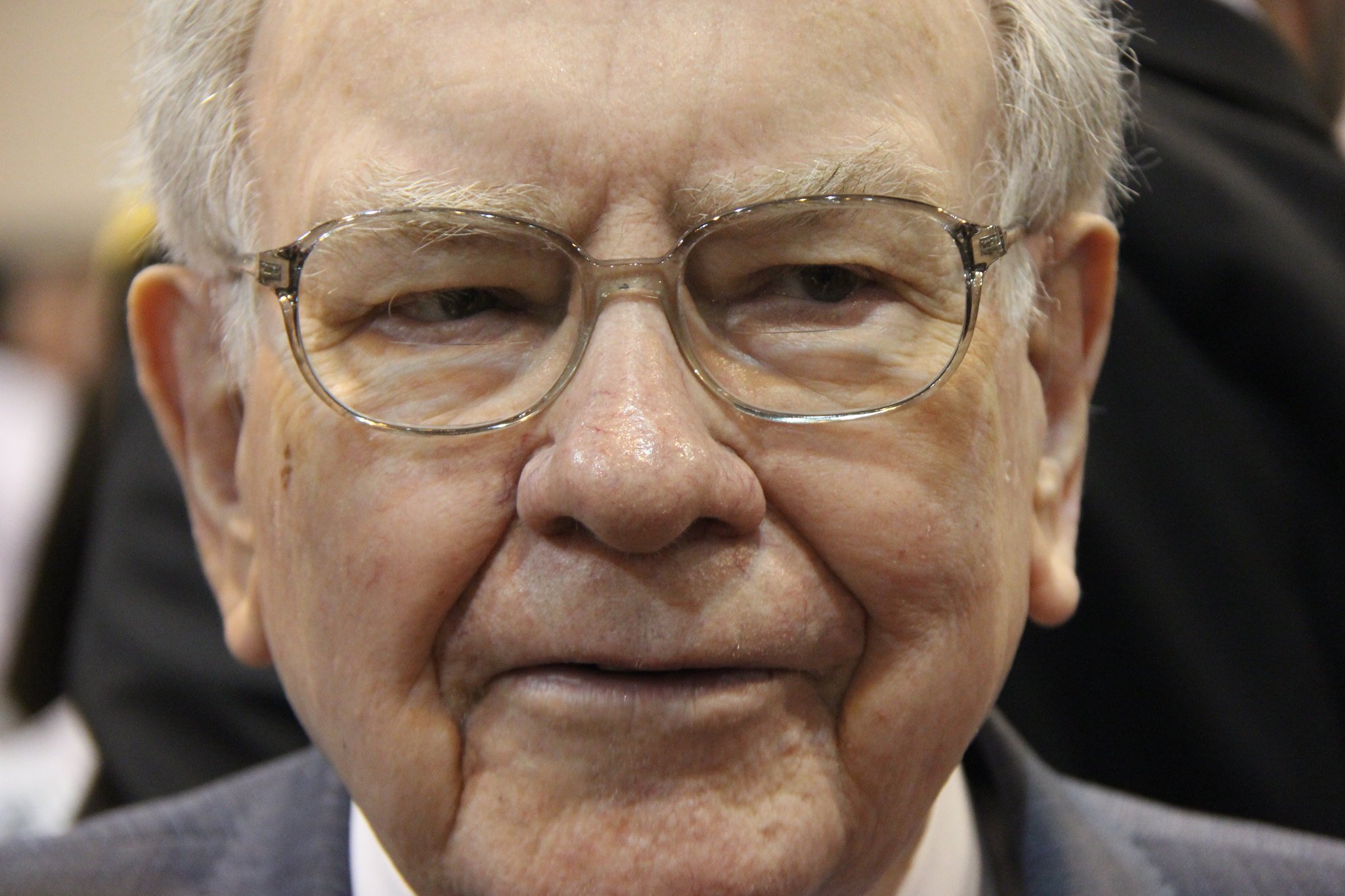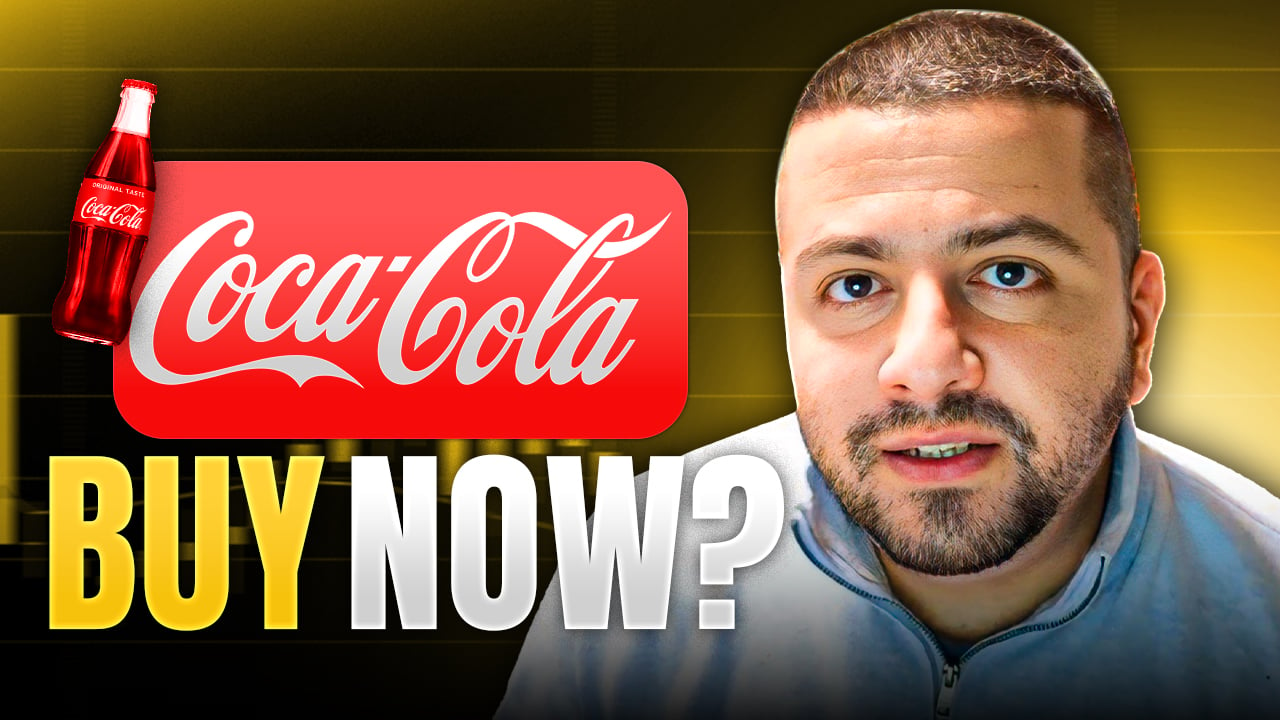Sin stocks can be a great way to ensure your retirement. When a company provides somewhat addictive products and brand power is paramount, the results can be stunning for your portfolio. While you might argue that Coca-Cola (KO 0.18%) isn't a "sin stock," its reliance upon copious amounts of sugars and sweeteners are obvious.
That's why Coke, as well as cigarette-maker Reynolds American (RAI +0.00%), have produced superior returns. Reynolds has returned 4,400% since coming public at the turn of the millennium. Coke has returned over 11,500% since 1980, alone.

Image source: Getty Images.
But which is the better buy at today's prices? That's impossible to answer with 100% certainty, but there are three lenses through which we can investigate the question. Here's how these two stack up.
Sustainable competitive advantages
In my experience, there's nothing more important for a long-term investor to investigate than the sustainable competitive advantages -- often called a "moat" -- of the underlying companies he/she owns. If I could go back to my beginning-investor-self and offer one piece of advice it would be this: "Spend 75% of your time determining the company's moat!"
With both Coke and Reynolds American, the key moat is provided by their brands. Little has to be said about the power of Coke. Interbrand estimates that Coke is the third most valuable brand in the world, worth approximately $73 billion alone. And it's not only the namesake product: Coke also owns Dasani water, Minute Maid juices, Vitamin Water, and Powerade.
Not to be outdone, Reynolds American just strengthened its brand power with the expensive acquisition of Lorillard last year. That gave the company the Kool, Winston, and Salem brands to add to its already-existing brands of Newport and Camel.
But between these two, there's little question which carries more clout: Coke. The brand is global, and one of the most recognizable the world has ever seen.
Winner: Coke
Financial Fortitude
When you invest in a company like Coke or Reynolds, you're not looking for scorched-earth growth. By and large, it's the dividend that draws you in. But while we might like to see a company devoting the lion's share of its cash to payouts, that's not always in our best interests.
That's because every company, at one point or another, will experience difficult financial times. Companies that enter such periods with lots of cash on hand have options: They can outspend rivals to gain market share, buy back their own shares on the cheap, or even make acquisitions.
Debt-heavy companies are in the opposite boat. They may be forced to cede market share, potentially sell shares on the cheap, and narrow their focus in an effort to stave off bankruptcy.
Here's how Coke and Reynolds stack up in this respect, with the caveat that Coke is currently valued at just over twice the size of Reynolds
|
Company |
Cash |
Debt |
Net Income |
Free Cash Flow |
|---|---|---|---|---|
|
Coca-Cola |
$39.5 billion |
$29.7 billion |
$6.5 billion |
$6.5 billion |
|
Reynolds |
$2.1 billion |
$12.7 billion |
$6.1 billion |
$1.1 billion |
Data source: Yahoo! Finance.
Here we can clearly see the effects of the aforementioned acquisition of Lorillard. While that move has long-term promise for the company, it clearly makes Reynolds more financially fragile. With a debt load that far outweighs its cash stash, Reynolds is in a much more vulnerable position than Coke.
Winner: Coke.
Valuation
Finally, we have valuation. While this isn't an exact science, there are some straightforward metrics we can consult to give us an idea of how expensive each stock is.
|
Company |
P/E |
P/FCF |
PEG Ratio |
Dividend |
FCF Payout |
|---|---|---|---|---|---|
|
Coca-Cola |
22 |
28 |
7.5 |
3.5% |
92% |
|
Reynolds |
26 |
78 |
2.4 |
3.3% |
215% |
Data source: Yahoo! Finance, E*Trade. P/E represents figures from non-GAAP earnings.
Neither one of these companies has a particularly healthy dividend, which should raise red flags for investors. Once again, this is at least somewhat effected by Reynolds' large acquisition last year, but the company didn't exactly have a track record of healthy payout ratios before then, either.
And Coke has found itself in troubled waters recently, as well. As the company's business erodes in North America, cash flows haven't been what they used to be.
Winner: Tie.
The winner is...
So there you have it, Coke seems to be the better buy today. It should be noted that British American Tobacco is currently attempting to merge with Reynolds American, which could strengthen the company's moat even further. If that's the case, it might change the overall results from this exercise. For the time being, however, I think Coke is a better bet.






